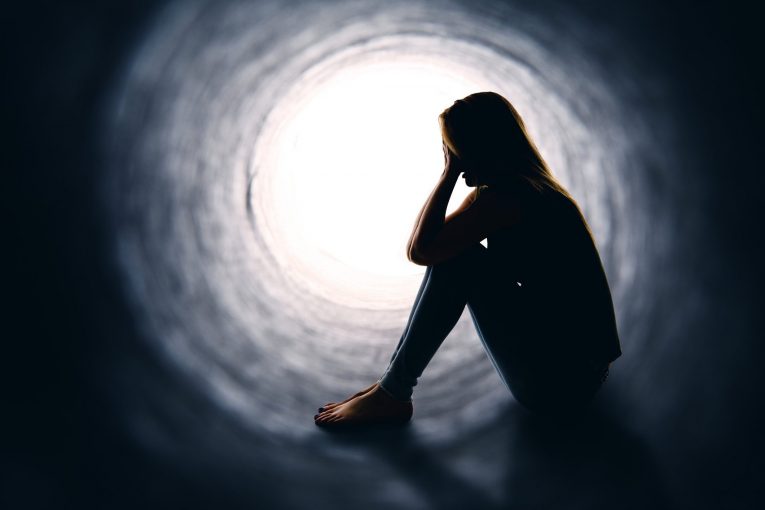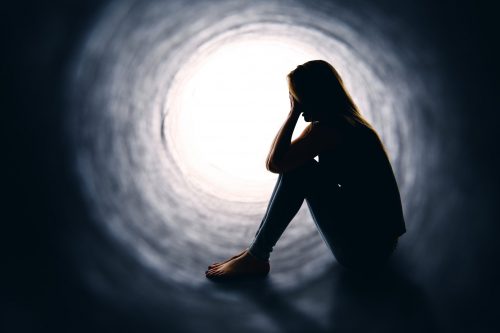

By Leslie Acevedo
NEW YORK, NY – Police are at a more “substantially increased risk for operational stress injuries due to their inherent exposure in the line of duty to a number of potentially psychologically traumatic events” than the rest of the population, according to a study examining the relationship compared to police mental health in Canada.
Published by the Oxford Research Encyclopedias: Criminology and Criminal Justice, the “Police Mental Health and Wellness study,” authored by Rosemary Riciardelli and Matthew S. Johnston, discusses operational stress injuries, mental health disorders, mental health stigma and barriers to treatment-seeking in order to understand police mental health and well-being with an emphasis in Canadian as well as other literature.
In summary, the report charges “police officers, internationally, are at an increased risk of experiencing a mental health disorder and other social or health problems due to their exposures to potentially psychologically traumatic events and resulting occupational stress injuries (and) treatment-seeking is resisted among police.”
Coined by Lieutenant Colonel (Retired) Stéphane Grenier as operational stress injuries (OSI) the study notes OSI refers to “broadly, to symptoms associated with mental health disorders that approach or meet specific diagnostic criteria.”
The authors write symptom clusters that may constitute “[t]he diagnostic criteria for posttraumatic stress disorder, major depressive disorder, general anxiety disorder, panic disorder, and other similar conditions.” OSIs may be referred to as “[o]ccupational stress injuries, which is increasingly becoming the common parlance in discussions of employees’ experiences of occupational stress or exposure to potentially psychologically traumatic events.”
The study notes public safety personnel, including police officers, “[e]xperience OSIs due to the increased risk of exposure to potentially psychologically traumatic events that are commonly associated with many different clinically significant symptoms (e.g., chronic pain) which are inherent to the operational elements of their work—specifically their role in public safety.”
A study done in Canada in 2002, the study cites, observed “police officers in the Royal Canadian Mounted Police (RCMP) in an Atlantic division,” and found there were no changes between 1994 and 1998, when officers were asked about their mental health, suggesting mental health associating with stress due to the nature of the job.
The authors of the study suggest, “Police officers, in essence, ‘sign up for’ operational, but not organizational stressors.”
Stress on police, the study finds, can result in “[p]oor physical outcomes, such as increased morbidity, mental health disorders and challenges, burnout, aggressive behaviors, and contemplation or completion of suicide.”
The article also adds, “Compounding stressors, related health problems, and negative coping behaviors (i.e substance misuse) can penetrate frameworks of resilience, which leave officers vulnerable to further suffering as they navigate their occupational demands,” illustrating operational and organizational stressors affecting police.
Findings show, “These stressors were correlated with positive screens for posttraumatic stress disorder and other mental health disorders across occupational groups—including both municipal and provincial police and RCMP members.”
The study also investigated posttraumatic stress disorder, PTSD, due to the “[u]ndeniable prevalence of PTSD among police and the increasing clinical and scholarly attention paid to PTSD and other posttraumatic stress injuries.”
Citing the American Psychiatric Association in 2013, the study links “[e]xposure to one or more potentially psychological traumatic events and occupational stress injuries, which includes prevalence of posttraumatic stress disorder (PTSD), major depressive disorder, and general anxiety disorder.”
Research, the study states, supports the prevalence of PTSD, as well as other mental health disorders, among police officers.
“Mental health and suicidal thoughts, experiences, or behaviors are interrelated and impacted by occupational stress injuries,” the study notes, citing two studies using the same data set which were able to show the prevalence of suicidal behavior among different types of police officers.
Although there are suicide prevention programs to help officers experiencing suicidal behaviors, the Canadian study said, “Less attention has been paid to understanding how suicide thoughts and behaviors affect police officers themselves, and what best practices exist to respond to such ideations due to mental health stigma.”
Researchers, the authors said, “[h]ave found evidence that, broadly speaking, police do not use support or seek treatment even within organizations that demonstrably strive to make mental health support normative.” Barriers include organizational components, deficits, and perpetual components.
The stigma, the study finds, is tied to mental health, including officers not being comfortable seeking help because of a “fear that one’s mental health will lead to an individual being discredited if or once the attribute is uncovered and unknown,” among other aspects.
Research, authors of the Canadian study claim, shows, “Police respondents were clearly receptive to changing the police culture and also informing police officers about mental health in hopes such information will increase help-seeking behaviors, particularly among those who felt limited in seeking help in their occupational environment.”
Future research, the study suggests, needs to be done “by police service organizations, researchers, and clinicians, including governments, to help understand and address OSIs among police officers…(to) build the health of those we trust to serve and protect.”




